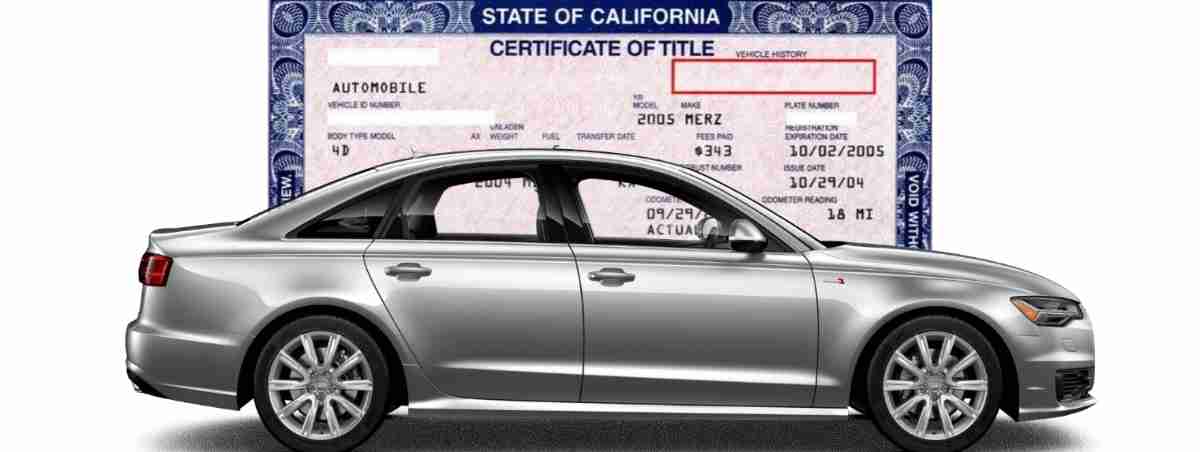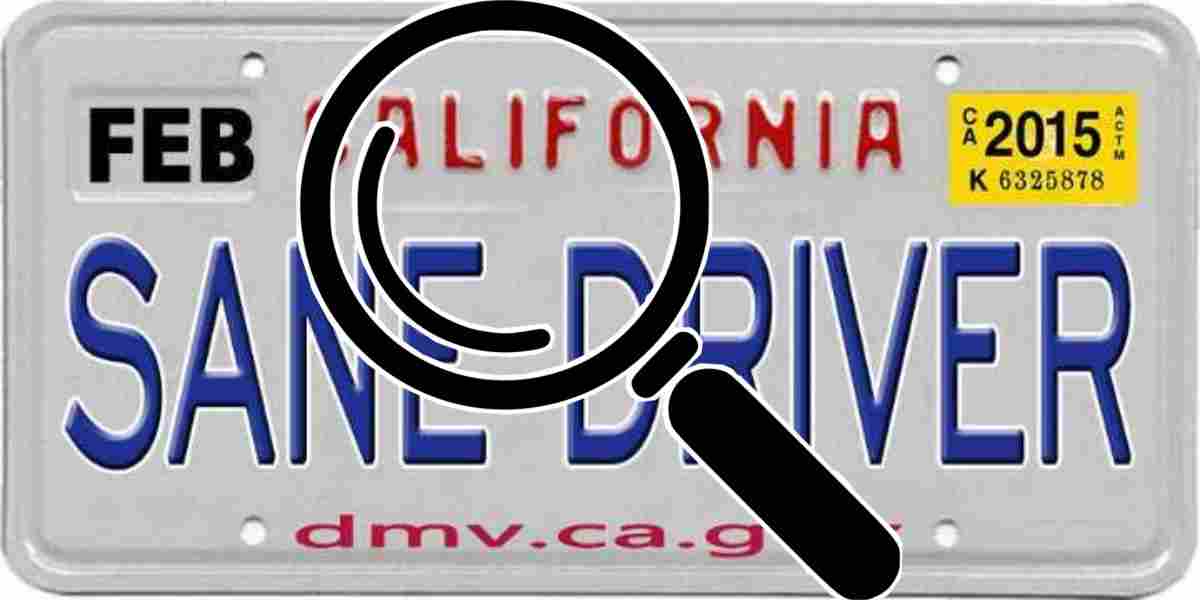After hours of searching for the perfect car with the right features, you figure out there’s a major obstacle—you want to get a car with no job and no money. Generally, a job is a vital requirement when buying a car because the lender believes that a steady income enables you to make a sizable down payment and make regular monthly payments toward your car loan. They’d consider you a high risk if you have none of the two. The good news: although it’s not as straightforward, you can still get the car.
How to get a car with no job and no money
No job or money is really needed to get a car—but you’ll need the money after getting one. The tips below will help you out.
1. Clear outstanding debt
First thing first. Before applying for a car loan, clear any outstanding debts you have. Lenders will review your credit report and are less likely to approve your application if you have a history of late payments or defaults. Paying off your debts can help improve your credit score, which can make it easier to secure a car loan
2. Carefully select your financing option
When getting a car with no job and no money, you want to apply for an auto loan to help you pay it off over a specific period, making it easier by dividing a significant amount of money into manageable payments.
The total cost of an auto loan, including the monthly payments and the overall cost, depends on various factors such as the down payment, APR, interest rate, and term length. A large down payment typically reduces the loan amount as well as the monthly payments. However, since you have no money, you can’t afford one in the first place.
The APR, which is the annual percentage rate, includes the interest rate and any additional fees that the lender adds to the principal amount that you borrow. Generally, your credit history, amount financed, length of the term, age of collateral, vehicle, and down payment determine your APR. The better your credit, the lower the interest rate.
Terms for auto loans range from twenty-four (24) to eighty-four (84) months. Longer terms can make the monthly payments more affordable and allow you to purchase a vehicle that might have been out of your budget.
2. Get a cheaper car
Since you don’t have the money, consider purchasing a used car – that should be cheaper. Used cars are generally less expensive than new cars, and you might get a good deal on a reliable vehicle. Used cars can be found on online marketplaces like Craigslist or you can simply visit local car dealerships to find a suitable car.
When buying a used car, do your research and give it a full inspection. Look for a car that has a good service history, and check for any signs of wear and tear or damage. Also, test-drive the car to make sure everything is working properly.
3. Consider selling some stuff
To raise money, consider selling some stuff you no longer need. This could be anything from jewelry and electronics to furniture or other valuable items. These items can be sold on online marketplaces such as eBay and Craigslist, or visit local pawn shops to receive immediate cash.
Selling some of your stuff can be an effective way to raise even a large down payment more quickly, but it’s important to be realistic about the value of your items. You may not get as much money as you expect, so be prepared to negotiate or lower your asking price.
4. Renting your dream car
You might also rent a car or use a car-sharing service. These services allow you to rent a car by the hour or day, which can be a cost-effective alternative to buying a car. Renting a car can be a more affordable option in this case than buying one, and it can also give you more flexibility since you won’t be locked into a long-term commitment.
5. Get a co-signer
A cosigner helps if you don’t have a source of income or proof of income to be eligible for a car loan. Lenders perceive the risk to be lower with a cosigner who shares the liability of repaying the loan if you default. You can ask a trusted friend or family member with good credit to be your cosigner.
A cosigner with a strong credit rating can also improve your loan conditions. With someone willing to co-sign, you may qualify for a better interest rate due to their positive credit history.
6. A traditional lender (local credit union) can help
A traditional lender like a local credit union can also offer you a car loan. These lenders often have more flexible requirements than banks and are more willing to work with borrowers who don’t have a large down payment. You may be required to provide proof of income, such as pay stubs or tax returns, to qualify for the loan.
7. Leverage your tax returns
If you don’t have a job but have been filing your taxes, you may be able to use your tax returns as proof of income. Some lenders may accept tax returns as a source of income, especially if you have a history of filing your taxes on time and receiving a refund. Keep in mind that this may not work for all lenders, so it’s important to shop around and find one that is willing to work with you.
8. Get the car and refinance it
If you’re unable to secure a traditional car loan, you may be able to get a loan from a high-risk lender or dealer. While these loans often come with high-interest rates and fees, they can provide you with the financing you need to get a car. You can always return a financed car and get away with the penalty—but not advisable.
Once you’ve made a few payments on the loan and improved your credit score, you can look into refinancing the loan at a lower interest rate with a traditional lender. This can save you money over time and reduce your monthly costs. Keep in mind that refinancing will require you to have a good credit score and a stable source of income.
Moreover, you can turn your car into a money-making machine to help your bills.
Is it advisable at all?
Getting a car loan without a job or any money may not be the best idea. It can be challenging to get approved for a car loan when you don’t have a steady income or money saved up for a down payment. Lenders often require borrowers to have a stable source of income and a good credit score to qualify for a car loan. When you don’t have a job or any money, you may be considered a high-risk borrower, and lenders may charge you a higher interest rate to offset the risk.
Taking on a car loan when you don’t have a job or any money can put you in a difficult financial situation. Car loans often come with a high monthly payment, and if you’re unable to make your payments on time, your car may be repossessed. This can further damage your credit score and make it even harder for you to secure financing in the future.
You could also consider working with a credit counselor to improve your credit score and financial situation before applying for a car loan.
Ultimately, the decision to get a car loan without a job or any money is a personal one that should be carefully considered. It’s important to weigh the potential benefits and risks and to have a solid plan in place for repaying the loan before taking on any debt.
FAQs
Can you get a car loan without a job?
It is possible to get a car loan even if you don’t have a job. Some auto lenders may approve your loan application even without a current job, provided you fulfill all their other criteria.
Can you get a car loan with no money?
Yes, you can get a car loan with no money. You only need to find a co-signer. A cosigner with good credit will increase your chances of getting a loan. Keep in mind that failing to make your payments may result in a decrease in both of your credit scores. Only consider co-signing with people who know your dependability and credibility.
Conclusion
Getting a car with no job and no money is not an easy task, but it’s not impossible. Start by saving up for a significant down payment, consider co-signing, and look for alternative sources of transportation if necessary.
Remember that owning a car comes with expenses beyond the initial purchase, so be sure to budget accordingly. With some effort and determination, you can get behind the wheel of a new-to-you car.

